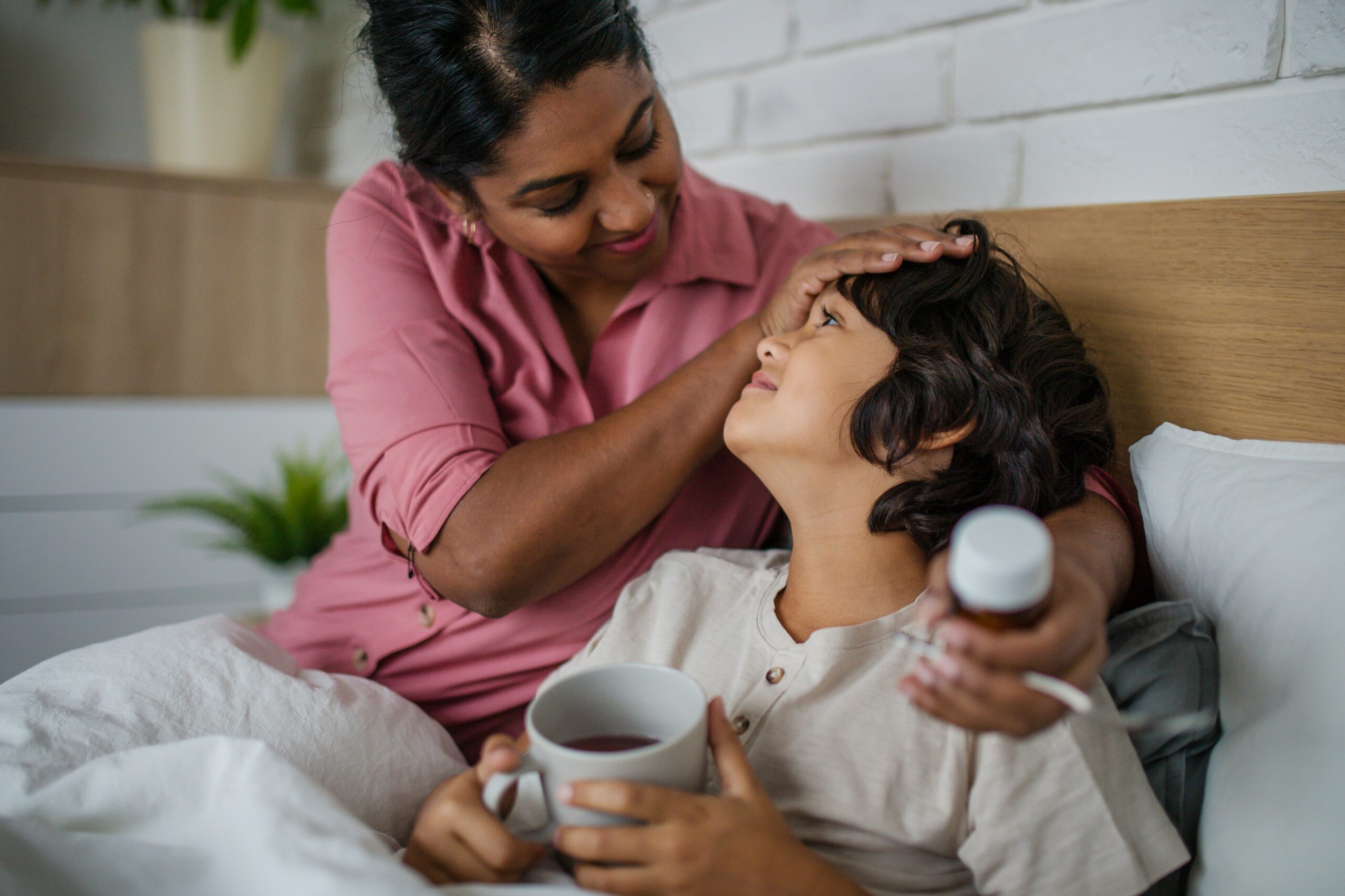Every parent knows the struggle of dealing with common childhood illnesses, from the sniffles to more serious ailments. Understanding how to effectively manage these conditions can make a world of difference for both the child and the caregiver.
When it comes to managing common childhood illnesses, expert insights can provide much-needed clarity. Here, we explore some of the most effective practices recommended by healthcare professionals.
Understanding Common Childhood Illnesses
Children often encounter a variety of illnesses as their immune systems develop. These can range from colds and flu to ear infections and stomach bugs. Each illness requires a different approach for management.
Expert Opinions on Managing Illnesses
Pediatricians emphasize the importance of hydration and rest as foundational strategies. According to a well-regarded pediatrician, staying hydrated helps in expelling toxins and maintaining body functions, while rest allows the body to heal.
Statistics and Research Findings
Recent studies indicate that over 90% of children will experience at least one ear infection by age three. This highlights the importance of understanding symptoms and seeking timely medical advice.
Practical Examples from Everyday Life
Consider the experience of a mother who noticed her child had a persistent cough. By ensuring her child stayed hydrated and consulting with a pediatrician, she was able to manage the symptoms effectively without unnecessary medications.
Actionable Tips for Parents
- Maintain a routine of regular handwashing to prevent the spread of infections.
- Ensure children have a balanced diet to support their immune systems.
- Keep a thermometer handy to monitor fevers accurately.
Pro Tip: Always have a first-aid kit and a list of emergency contacts readily available at home.
Comparison Table of Illness Management
| Illness | Primary Symptoms | Home Remedies | When to See a Doctor |
|---|---|---|---|
| Common Cold | Runny nose, cough | Rest, fluids | If fever persists for more than 3 days |
| Flu | Fever, body aches | Hydration, sleep | If breathing difficulties occur |
| Ear Infection | Ear pain, irritability | Warm compress | If symptoms don’t improve in 48 hours |
| Stomach Bug | Nausea, diarrhea | Bland diet, hydration | If dehydration signs show |
| Allergies | Sneezing, itchy eyes | Antihistamines | If symptoms interfere with daily activities |
| Asthma | Wheezing, shortness of breath | Inhaler, avoid triggers | If symptoms worsen or don’t respond to treatment |
| Chickenpox | Itchy rash, fever | Calamine lotion, oatmeal baths | If rash shows signs of infection |
| Conjunctivitis | Red, itchy eyes | Warm compress, hygiene | If symptoms persist more than a week |
Frequently Asked Questions
What are the most common childhood illnesses?
Colds, flu, and ear infections are among the most common.
How can I prevent my child from getting sick?
Regular handwashing and a healthy diet are key preventive measures.
When should I consult a doctor?
If symptoms are severe, persistent, or worsening, seek medical advice.
Conclusion
Managing childhood illnesses doesn’t have to be overwhelming. By following these expert-recommended practices, parents can ensure their children receive compassionate and effective care. Remember, when in doubt, always consult with a healthcare professional to guide you through the best course of action.




Leave a Reply